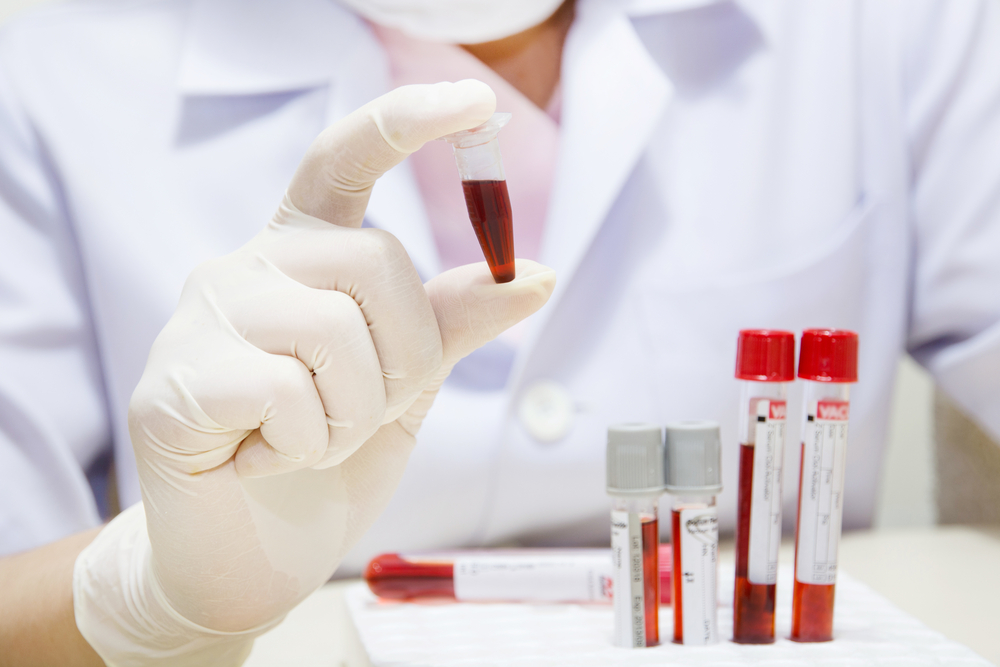Immune System Cells May Be Blood Biomarker to Diagnose IPF and Determine Its Severity
Written by |

Researchers suggest that a certain type of the immune system cell – called myeloid-derived suppressor cells (MDSC) – can serve as a biomarker to diagnose idiopathic pulmonary fibrosis (IPF). These cells may also distinguish stages of disease progression, as a greater loss of lung function was found in patients with higher levels of MDSCs in the blood.
Identifying reliable biomarkers in IPF patients would allow for earlier disease detection, and the opportunity to start a treatment sooner and delay progression. The fibrotic processes behind IPF are, currently, irreversible.
The study by Isis Fernandez, MD, and colleagues from research institutes in Munich, Germany, was published in the European Respiratory Journal under the title, “Peripheral Blood Myeloid-Derived Suppressor Cells Reflect Disease Status In Idiopathic Pulmonary Fibrosis.”
“The role of MDSC has been most extensively studied in cancer, where they suppress the immune system and contribute to a poor prognosis,” Fernandez said in a news release of the team’s work, which suggests that similar processes are at work in IPF.
Researchers analyzed blood samples from 170 individuals, 69 with IPF, to determine whether the composition of immune system cells circulating in the blood differed in people with the disease.
They observed that IPF patients had higher amounts of MDSCs than healthy individuals. Moreover, the number of MDSCs in the blood was correlated with lung function: the worse the lung function, the higher was the number of MDSCs. This correlation was not found in patients with chronic obstructive pulmonary disease (COPD) or other interstitial lung diseases, strongly suggesting that the number of blood MDSCs is a reliable indicator of disease progression in IPF.
Results also suggested that the presence of larger amounts of MDSCs in the blood could be the result of an excessive immune response, which may play a role in IPF development. To test this hypothesis, the researchers measured the activity of genes that are expressed in immune cells, and found that such genes were less expressed in samples with elevated MDSC counts. This finding supports the idea that MDSCs contribute to immune system dysfunction in IPF much as they do in cancer. In fact, the team found that these cells accumulate in the lungs, worsening their ability to work.
“We were able to show that MDSC are primarily found in fibrotic niches of IPF lungs characterized by increased interstitial tissue and scarring, that is, in regions where the disease is very pronounced,” said Oliver Eickelberg, MD, the study’s lead author.
Researchers now plan studies to confirm whether the presence of MDSCs can serve as a biomarker to detect IPF, and whether MDSCs can distinguish patients at different stages of disease progression. They also want to test whether controlling the accumulation of these cells, or blocking their activity, could be a treatment strategy for IPF patients.



